Best movies & TV Shows like Háború a nemzet ellen
A unique, carefully handpicked, selection of the best movies like Háború a nemzet ellen Starring Bencsik János, László dr. Bogár, Izabella dr. Bencze, Lajos Dr. Papp, and more. If you liked Háború a nemzet ellen then you may also like: The Weight of Chains 2, The Queen of Versailles, Roger & Me, Capitalism: A Love Story, Death of a Nation: The Timor Conspiracy and many more popular movies featured on this list. You can further filter the list even more or get a random selection from the list of similar movies, to make your selection even easier.
Hungarian documentary about the economic war against the Hungarian nation.
You may filter the list of movies on this page for a more refined, personalized selection of movies.
Still not sure what to watch click the recommend buttun below to get a movie recommendation selected from all the movies on this list
The Queen of Versailles
With the epic dimensions of a Shakespearean tragedy, The Queen of Versailles follows billionaires Jackie and David’s rags-to-riches story to uncover the innate virtues and flaws of their American dream. We open on the triumphant construction of the biggest house in America, a sprawling, 90,000-square-foot mansion inspired by Versailles. Since a booming time-share business built on the real-estate bubble is financing it, the economic crisis brings progress to a halt and seals the fate of its owners. We witness the impact of this turn of fortune over the next two years in a riveting film fraught with delusion, denial, and self-effacing humor.
Roger & Me
A documentary about the closure of General Motors' plant at Flint, Michigan, which resulted in the loss of 30,000 jobs. Details the attempts of filmmaker Michael Moore to get an interview with GM CEO Roger Smith.
Capitalism: A Love Story
Michael Moore comes home to the issue he's been examining throughout his career: the disastrous impact of corporate dominance on the everyday lives of Americans (and by default, the rest of the world).
Death of a Nation: The Timor Conspiracy
The sensational expose of the complicity of Britain, USA and Australia in the continuing genocide in East Timor.
The End of Suburbia: Oil Depletion and the Collapse of the American Dream
Since World War II North Americans have invested much of their newfound wealth in suburbia. It has promised a sense of space, affordability, family life and upward mobility. As the population of suburban sprawl has exploded in the past 50 years Suburbia, and all it promises, has become the American Dream. But as we enter the 21st century, serious questions are beginning to emerge...
Surviving Progress
Humanity’s ascent is often measured by the speed of progress. But what if progress is actually spiraling us downwards, towards collapse? Ronald Wright, whose best-seller, “A Short History Of Progress” inspired “Surviving Progress”, shows how past civilizations were destroyed by “progress traps”—alluring technologies and belief systems that serve immediate needs, but ransom the future. As pressure on the world’s resources accelerates and financial elites bankrupt nations, can our globally-entwined civilization escape a final, catastrophic progress trap? With potent images and illuminating insights from thinkers who have probed our genes, our brains, and our social behaviour, this requiem to progress-as-usual also poses a challenge: to prove that making apes smarter isn’t an evolutionary dead-end.
Detropia
Detroit’s story has encapsulated the iconic narrative of America over the last century – the Great Migration of African Americans escaping Jim Crow; the rise of manufacturing and the middle class; the love affair with automobiles; the flowering of the American dream; and now… the collapse of the economy and the fading American mythos.
American Refugee
A story of a family seeking shelter in a neighbor’s bunker while the American economy is in collapse and the nation under martial law. There they find the danger inside is potentially greater than the danger outside.
Black Coffee
Black Coffee is a 2007 Canadian documentary film examining the complicated history of coffee and detailing its political, social, and economic influence from the past to the present day. The film details how coffee is the eighth most traded legal commodity in the world. It is also the fourth most valuable agricultural commodity. However, only one cent of a $2 cup of coffee goes to the grower.[1] This inequality has helped shape the history of continents and the Cold War.
Born Under the Red Flag: 1976–1997
CHINA: A CENTURY OF REVOLUTION is a six-hour tour de force journey through the country's most tumultuous period. First televised on PBS, this award-winning documentary series presents an astonishingly candid view of a once-secret nation with rare archival footage, insightful historical commentary and stunning eyewitness accounts from citizens who struggled through China's most decisive century. Mao's death begins BORN UNDER THE RED FLAG, which follows the country's new leadership of Deng Xiaoping and its unlikely transformation into an extraordinary hybrid of communist-centralized politics with an ever-expanding free market economy.
Beyond the Silence of the Sea
The documentary covers the entire maritime sector, its significance and contribution in the development in a country. Evergreen Media traveled from Karachi to Gadani, to Ormara to Gawadar ports, life of Creeks area, Fisheries, Shipyards, boarded the national flag carriers and landed at naval combat ships. The voyage unfolds the simple and straightforward steps to the prosperity of several nations. The marine sector plays a vital role in the economy of a country though it is seldom visible in everyday life and thus continues to be undervalued. Maritime activities are essential to trade and prosperity. They underpin our quality of life by facilitating the safe, reliable and low cost movement of foodstuffs, consumer goods and raw materials.
Survivalists
Millions of Americans are determined to live through what they foresee as an inevitable nuclear war. Others are heading for camps in the remote back-country to escape the chaos of an impending political or economic cataclysm. They sing hymns, chant psalms of war, preach the survival of the fittest and arm themselves to the teeth. They are the Survivalists.... This film talks to women training with machine guns, to undergraduates taking courses in How to Stay Alive, to retired generals who run schools for mercenary killers, and to self-appointed clergy who say their native America has 'gone soft on the Devil and the Reds' and has become a 'Disneyland for Dummies'.
Trade Routes
Set against an Eastern European nation's election, in a country that was the most notorious communist dictatorship, the film charts the paths of five characters; An aging CIA officer; A young attractive economic advisor; The ambitious Bulgarian Prime Minister's chief of staff; An American political consultant; and a retired member of the Bulgarian Communist State Police. These five character destinies intertwine in the weeks leading up to the elections in a fledgling democracy.
The Perfect Weapon
Explore the rise of cyber conflict as the primary way nations now compete with and sabotage one another. As fear mounts about how potential cyberattacks will affect 2020 elections in the U.S., the film features interviews with top military, intelligence and political officials and includes on-the-ground reporting from the frontlines of the cyber wars.
Pandora's Box
Pandora's Box is a six-part 1992 BBC documentary television series which examines the consequences of political and technocratic rationalism. The episodes deal, in order, with communism in The Soviet Union, systems analysis and game theory during the Cold War, economy in the United Kingdom during the 1970s, the insecticide DDT, Kwame Nkrumah's leadership in Ghana during the 1950s and 1960s and the history of nuclear power.
TV Nation
TV Nation is a satirical newsmagazine television series written, directed and hosted by Michael Moore that was co-funded and originally broadcast by NBC in the United States and BBC2 in the United Kingdom. The show blended humor and journalism into provocative reports about various issues. After moving to Fox for its second season, the show won an Emmy Award in 1995 for Outstanding Informational Series. TV Nation was created in the wake of the success Moore had with the documentary Roger & Me, prompting Warner Bros. television to ask Moore for television series ideas. In January 1993 NBC green-lit a pilot episode which took three months to complete. Interest from the BBC prompted NBC to insert the show into its summer 1994 lineup.
Airships
In three enthralling episodes, The Airships reveals the dynamic role these remarkable flying machines played in history, in peacetime and in war. Steeped in the drama of international political intrigue, it is a saga of extraordinary men and nations in a quest to dominate the skies.
God in America
God in America explores the tumultuous 400-year history of the intersection of religion and public life in America, from the first European settlements to the 2008 presidential election. This series examines how religious dissidents helped shape the American concept of religious liberty and the controversial evolution of that ideal in the nation's courts and political arena; how religious freedom and waves of new immigrants and religious revivals fueled competition in the religious marketplace; how movements for social reform -- from abolition to civil rights -- galvanized men and women to put their faith into political action; and how religious faith influenced conflicts from the American Revolution to the Cold War.
Apocalypse: The Rise of Hitler
Adolf Hitler (1889-1945) was a mediocre who rose to power because of the blindness and ignorance of the Germans, who believed he was nothing more than an eccentric dreamer. But when the crisis of 1929 devastated the economy, the population, fearful of chaos and communism, voted for him. And no one defended democracy. As the dictatorship extended its relentless shadow, the leader claimed peace, but was preparing the Apocalypse.
8th Fire
8th Fire: Aboriginal Peoples, Canada & the Way Forward is a Canadian broadcast documentary series, which aired in 2012. Featuring television, radio and web broadcasting components, the series focused on the changing nature of Canada's relationship with its First Nations communities. The television component aired as a four-part documentary series hosted by Wab Kinew as part of CBC Television's Doc Zone, while radio programming devoted to First Nations themes aired on a variety of CBC Radio series and the web component included content from a variety of contributors, including news coverage by other CBC News reporters and a series of short films by 20 First Nations, Inuit and Métis reporters and filmmakers. The series was a shortlisted nominee for the Donald Brittain Award for Best Social/Political Documentary Program, and for Best Cross-Platform Project, Non-Fiction, at the 2013 Canadian Screen Awards.
The Great Depression
A 7-part series telling dramatic and diverse stories of struggle and survival during the worst economic crisis in U.S. history. From the producers of Eyes on the Prize, this series was met with critical acclaim and won both an Emmy Award for writing and a duPont-Columbia Award.
Black Market: Dispatches
In this global series presented by Michael K. Williams, we embed ourselves inside criminal enterprises to see how contraband moves across borders, and explore the politics behind a hidden economy nearly as big as the one you know.
Korea: The Unfinished War
It was the first war the UN would fight in, the opening salvos of the Cold War. A war that would redefine global politics & shape a Region. This is the Story of the Korean War. Through gripping reenactments & the words of those who fought & lived through it, this four part series will take you through the horrors of the war.
Capitalism
Capitalism has been the engine of unprecedented economic growth and social transformation. With the fall of the communist states and the triumph of "neo-liberalism", capitalism is by far the world's dominant ideology. But how much do we understand about how it originated, and what makes it work?
American Style
An examination of how America’s changing style through the decades has mirrored the political, social, and economic climate of the time. Using archival footage and interviews with fashion experts and cultural figures, the series highlights the most iconic moments from fashion and pop culture, giving audiences a front row seat to the runway of American history.
Asian Americans
This five-part series traces the story of Asian Americans, spanning 150 years of immigration, racial politics, international relations, and cultural innovation. It is a timely, clear-eyed look at the vital role that Asian Americans have played in defining who we are as a nation. Their stories are a celebration of the grit and resilience of a people that reflects the experience of all Americans.
Amend: The Fight for America
When the United States of America was founded, the ideals of freedom and equality did not apply to all people. These are the stories of the brave Americans who fought to right the nation’s wrongs and enshrine the values we hold most dear into the Constitution — with liberty and justice for all.
Turning Point: 9/11 and the War on Terror
Modern history can be divided into two time frames: before 9/11 and after 9/11. This five-part docuseries is a cohesive chronicle of the September 11, 2001 attacks on the U.S., offering illuminating perspectives and personal stories of how the catastrophic events of that day changed the course of the nation.
Sunset in the Golden State
Stefan Molyneux, host of Freedomain Radio, travels to California to explore all of the political, economic, moral and demographic complexities of the Golden State. What he learned astounded him—what he shows you will shock you…
El Salvador: Another Vietnam
This political documentary illustrates the turbulent history of El Salvador from the 1920s-1970s, and the role of the U.S. government in that history. The most comprehensive film introduction to that country, examines the civil war there in light of the Reagan administration's decision to "draw the line" against "communist interference" in Central America. Archival material offers an overview of U.S. military and economic policy in Central America since 1948, while footage drawn from sources in the U.S., Mexico, and Europe provides extensive background to the current political and military situation.




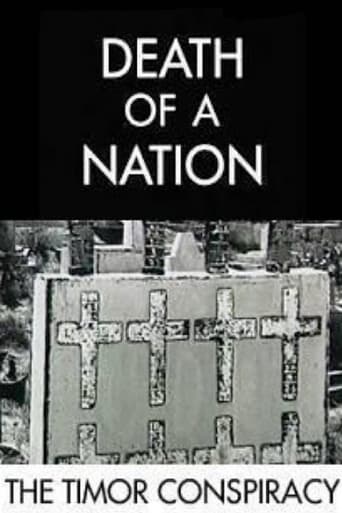

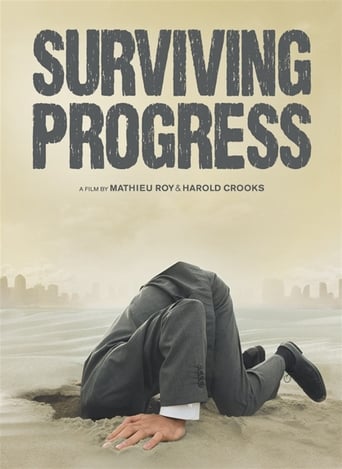

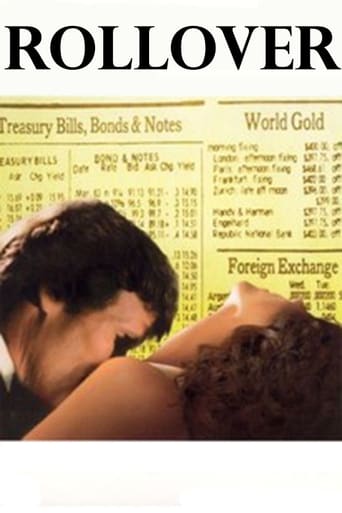


























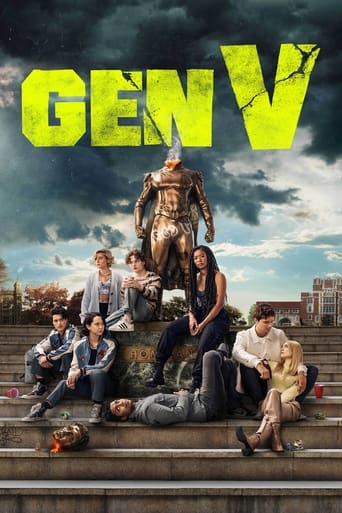
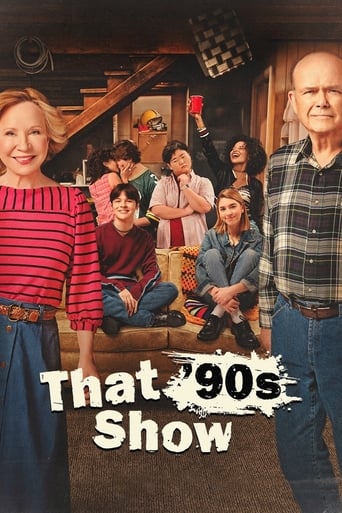
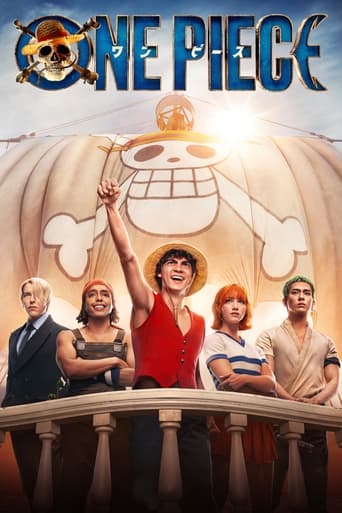
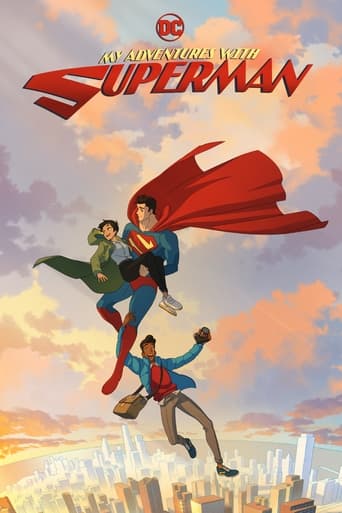
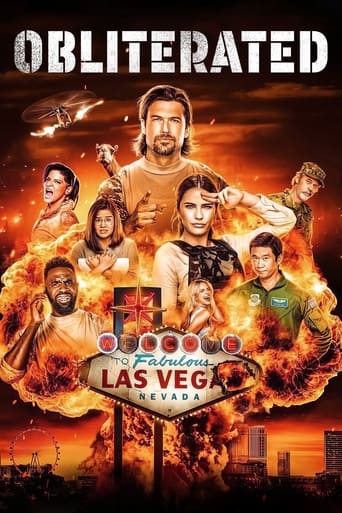

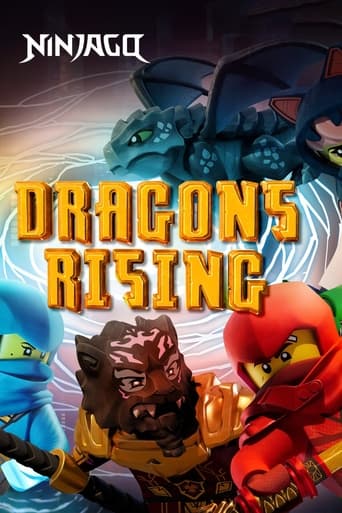
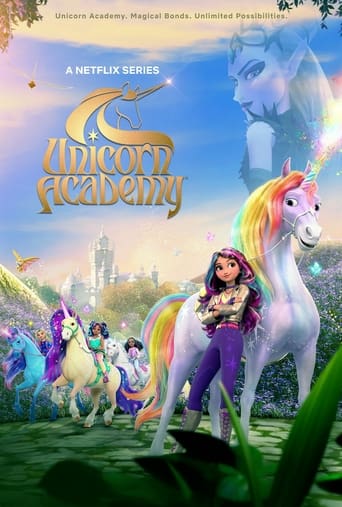



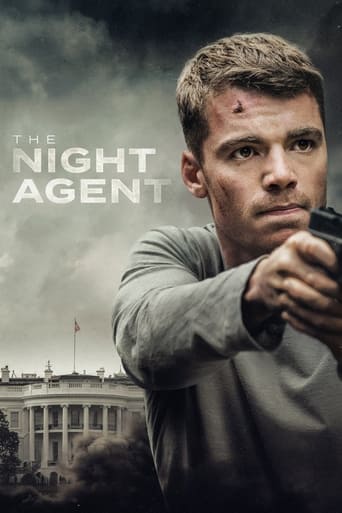
The Weight of Chains 2
'The Weight of Chains 2' is a documentary film largely dealing with the effects of the Washington Consensus economic doctrine on the newly established former Yugoslav republics, but also with neoliberalism as an economic concept. Through interviews with Noam Chomsky, Oliver Stone and many others, the author, Serbian-Canadian Boris Malagurski, attempts to analyze why so many people in the Balkans are disappointed with the systems imposed after the fall of socialism and how capitalism could be improved. Looking at the examples of Ecuador and Iceland, the film tries to uncover alternatives to the prevailing orthodoxies of Western economic dictates and help developing nations find their own way to shape their economies and their countries.